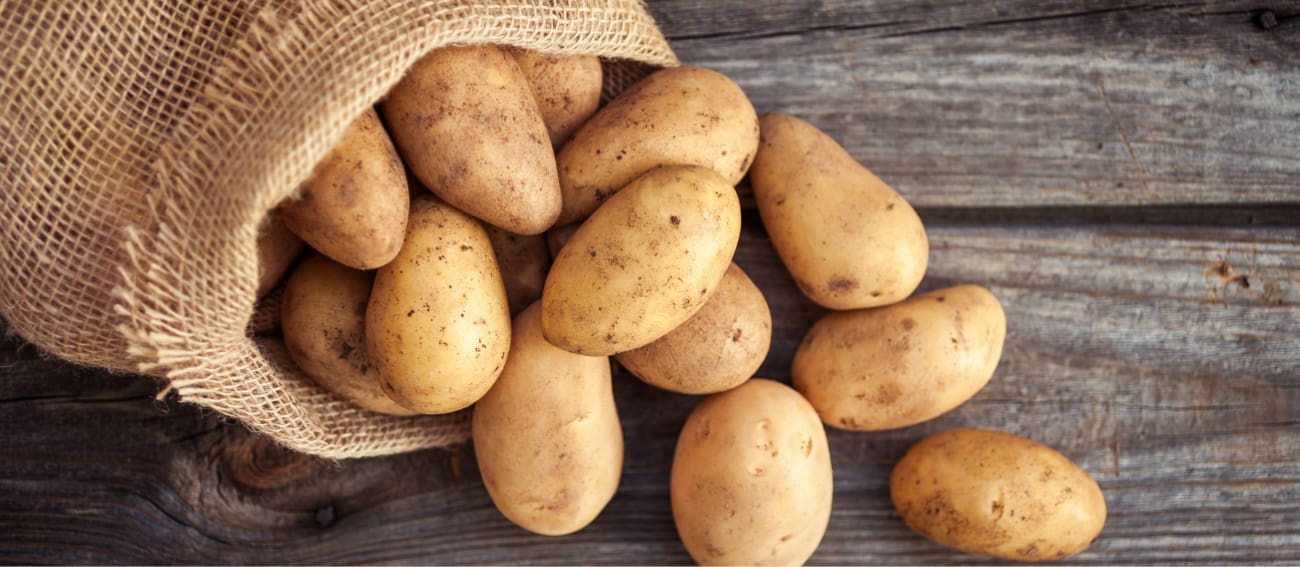Catalasa en las patatas
Objetivo: Experimentar con la catalasa de las patatas

-
Material de laboratorio
Erlenmeyer
Cuchillo
-
Reactivos
1 patata
Peróxido de hidrógeno (grado botiquín)
Partidos
Papel de aluminio
-
Preguntas
¿Qué se observa al añadir peróxido de hidrógeno?
¿Qué ocurre?
¿Cuál es la fórmula química del peróxido de hidrógeno? ¿Qué gas se desprende? ¿La llama de la cerilla se apaga o se enciende?
Procedimiento
- Añade la patata en trozos pequeños hasta la mitad del erlenmeyer.
- Cúbrelo con agua oxigenada.
- Cúbrelo con papel de aluminio.
- Enciende una cerilla y acércala al erlenmeyer (retirando el papel de aluminio).

Creemos un futuro más brillante
Únete a nuestro equipo para trabajar con investigadores de renombre, emprender proyectos innovadores y contribuir a avances científicos significativos.
Únete a nosotros!













